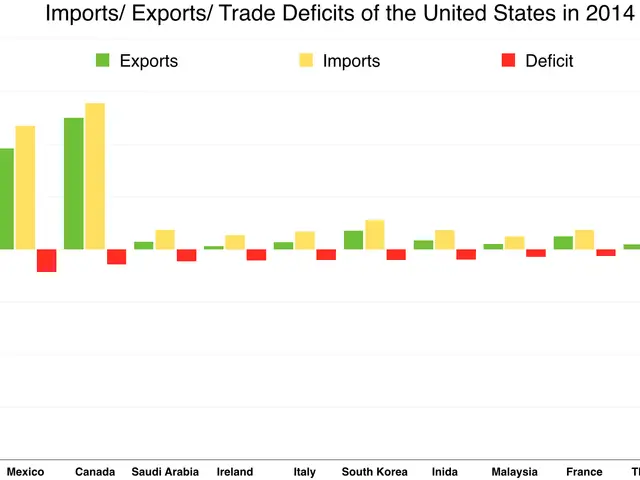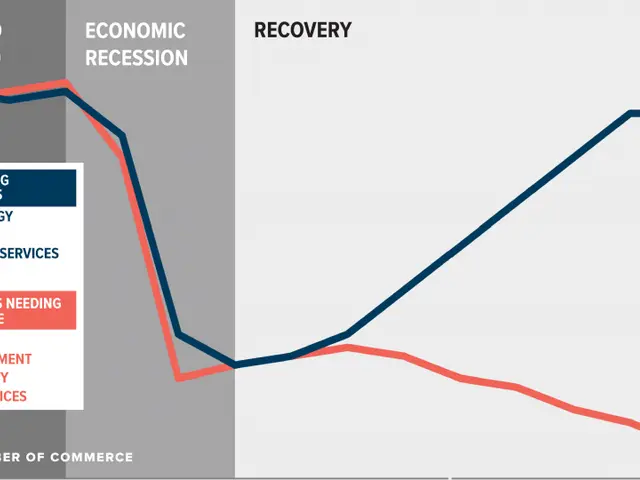Keir Starmer and Olaf Scholz are planning to strengthen their working relationship, viewing it as a unique opportunity for mutual benefit and security in both their countries and Europe as a whole. By the end of the year, the UK and Germany aim to finalize a bilateral agreement involving areas such as trade, defense, migration, energy, and climate change.
During their meeting in Berlin, the two leaders emphasized the need for increased collaboration, particularly in defense, economics, and countering illegal immigration. Scholz praised the close partnership between the countries and dismissed any speculation of the UK rejoining the EU or European single market, while Starmer focused on maintaining a strong relationship between the UK and Germany without reversing Brexit.
The UK's intention to work more closely with Germany in addressing illegal migration and providing unwavering support for Ukraine's resistance against Russia were also highlighted. Both leaders encouraged reconciliation and peace in the context of the Israel-Hamas conflict, with Hamas urged to release its hostages and Israel encouraged to improve conditions for the Palestinian civilian population.
Regular consultations between the two governments will become a cornerstone of their cooperative efforts, focusing on various sectors like trade, defense, and migration. The UK-Germany partnership is poised to set a new foundation, with cutting-edge projects and initiatives on the horizon.
In terms of trade, the UK and Germany exchanged goods and services worth £145.7 billion in the four quarters to Q3 2024, with the UK importing £86.2 billion and exporting £59.5 billion whilst maintaining a trade deficit of £26.7 billion. Defensively, the Trinity House Agreement established a framework for closer cooperation between the two countries in bilateral military operations, exercises, and policies.
Regarding migration, the UK's withdrawal from the EU led to the Withdrawal Agreement that granted post-Brexit rights to UK nationals living in Germany. The UK pursues joint initiatives with Germany to manage illegal immigration and bolster security. Energy-wise, the UK and Germany collaborate to accelerate their energy transition towards renewables, reaching a record 62% of generation in 2024.
Furthermore, both countries commit to climate targets and aiming to bind European allies to ambitious international energy and climate goals, driven by the desire to support the EU’s 2040 climate target and bolster its competitiveness.








